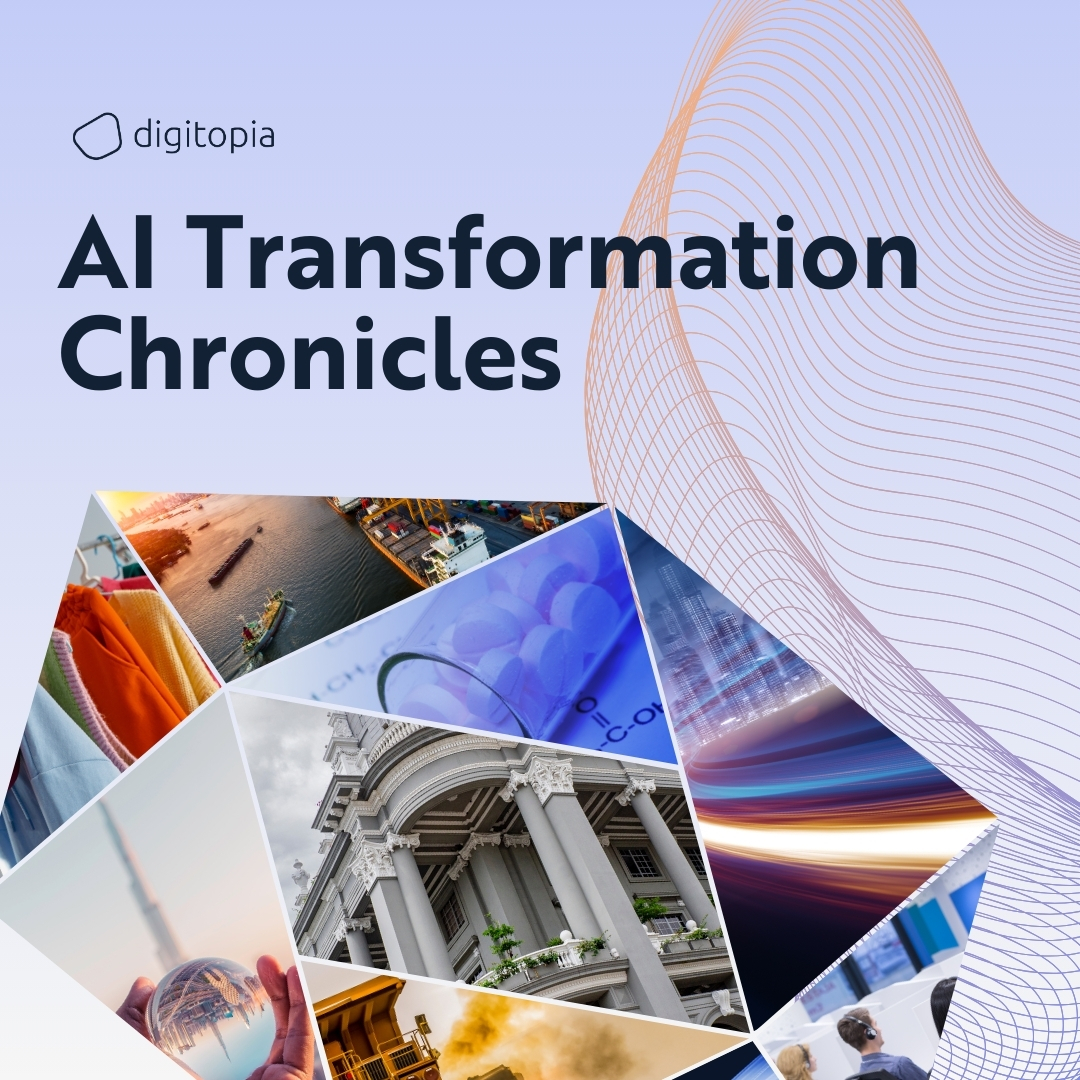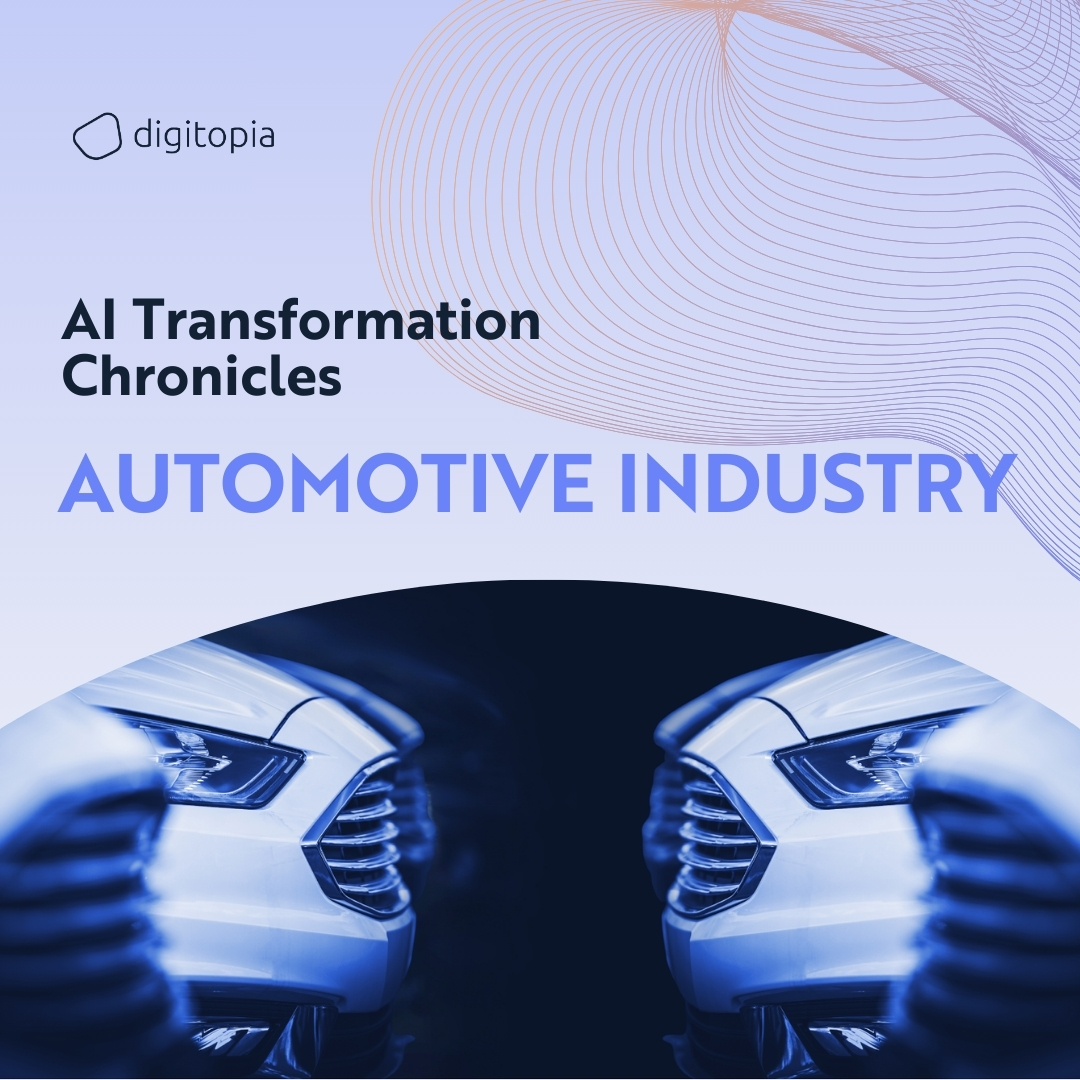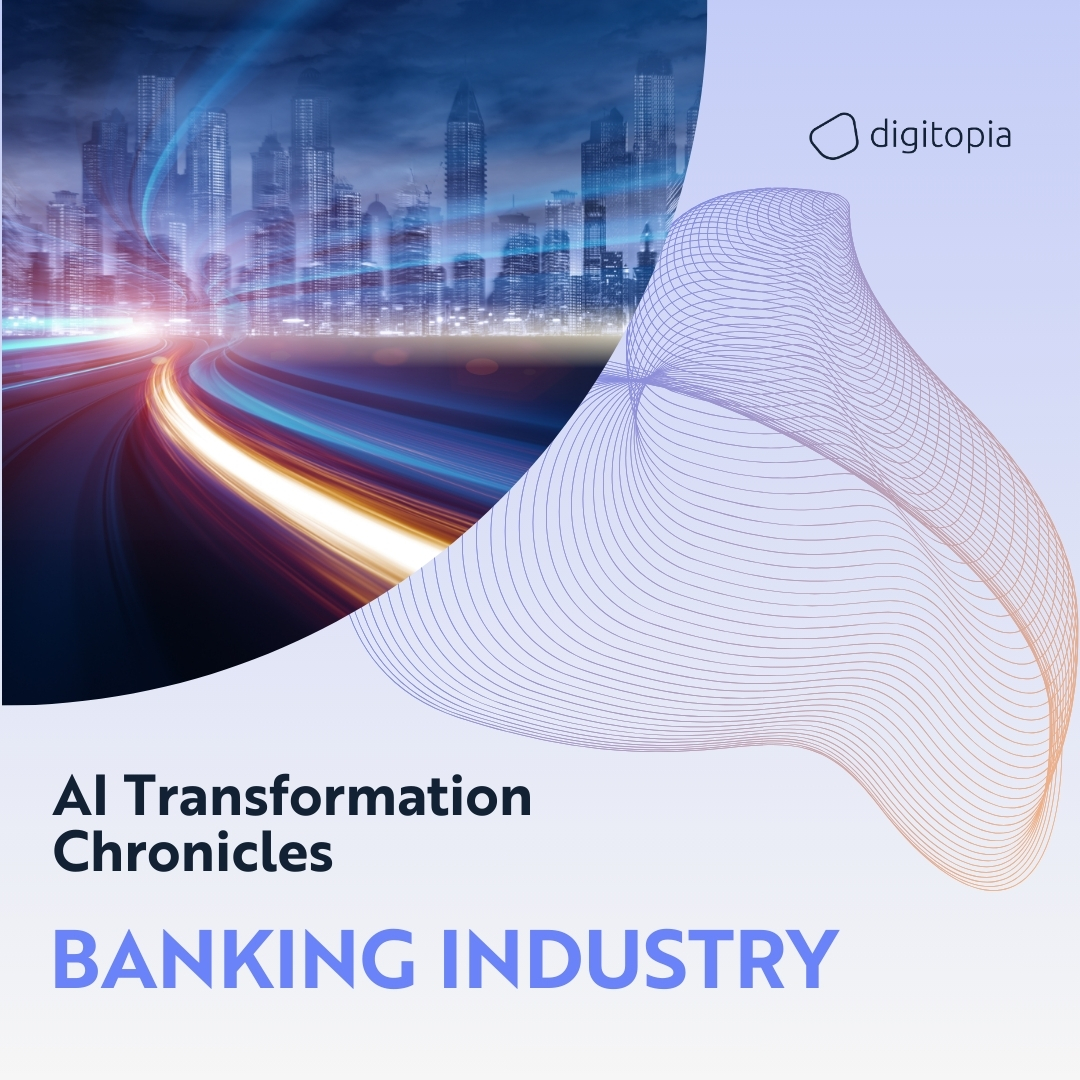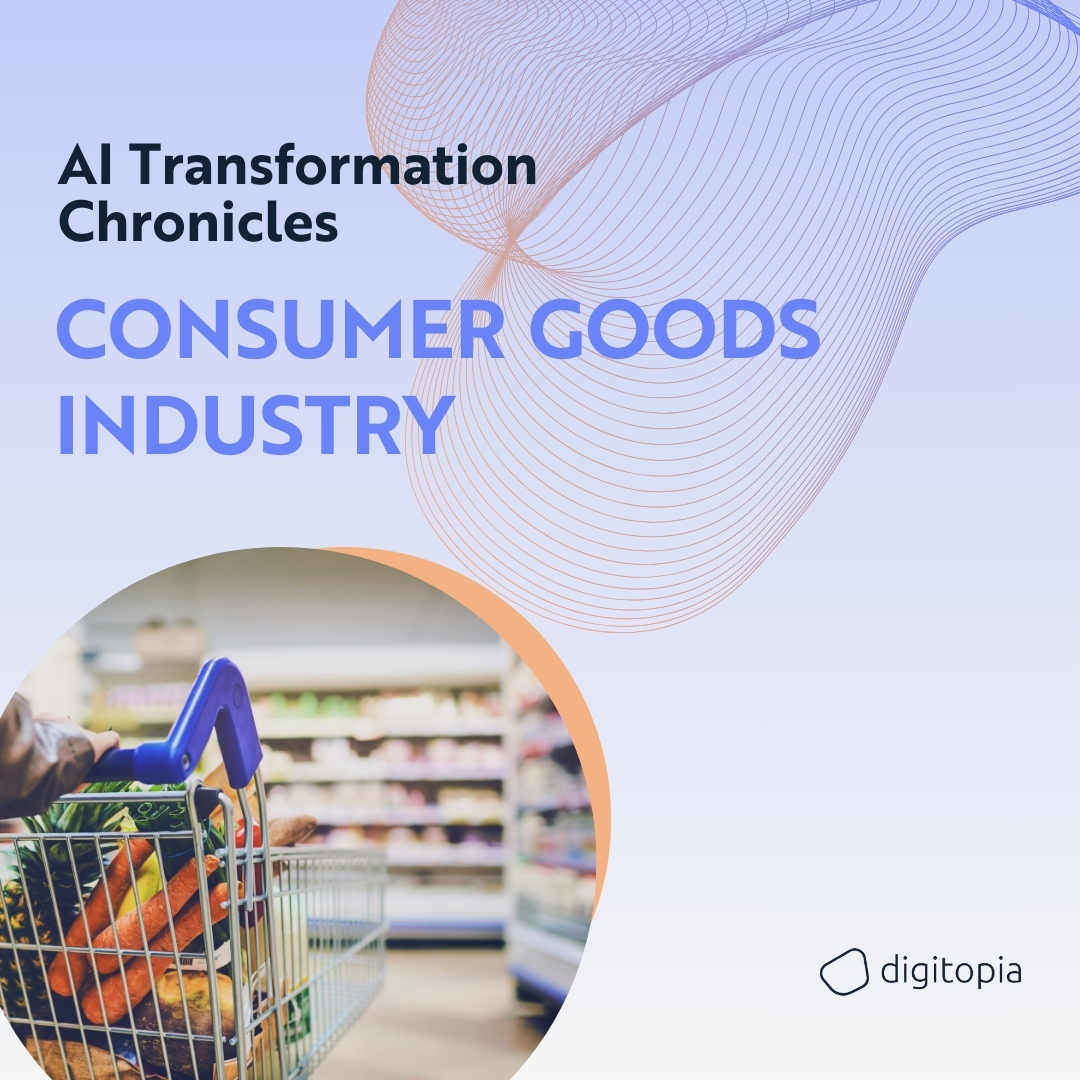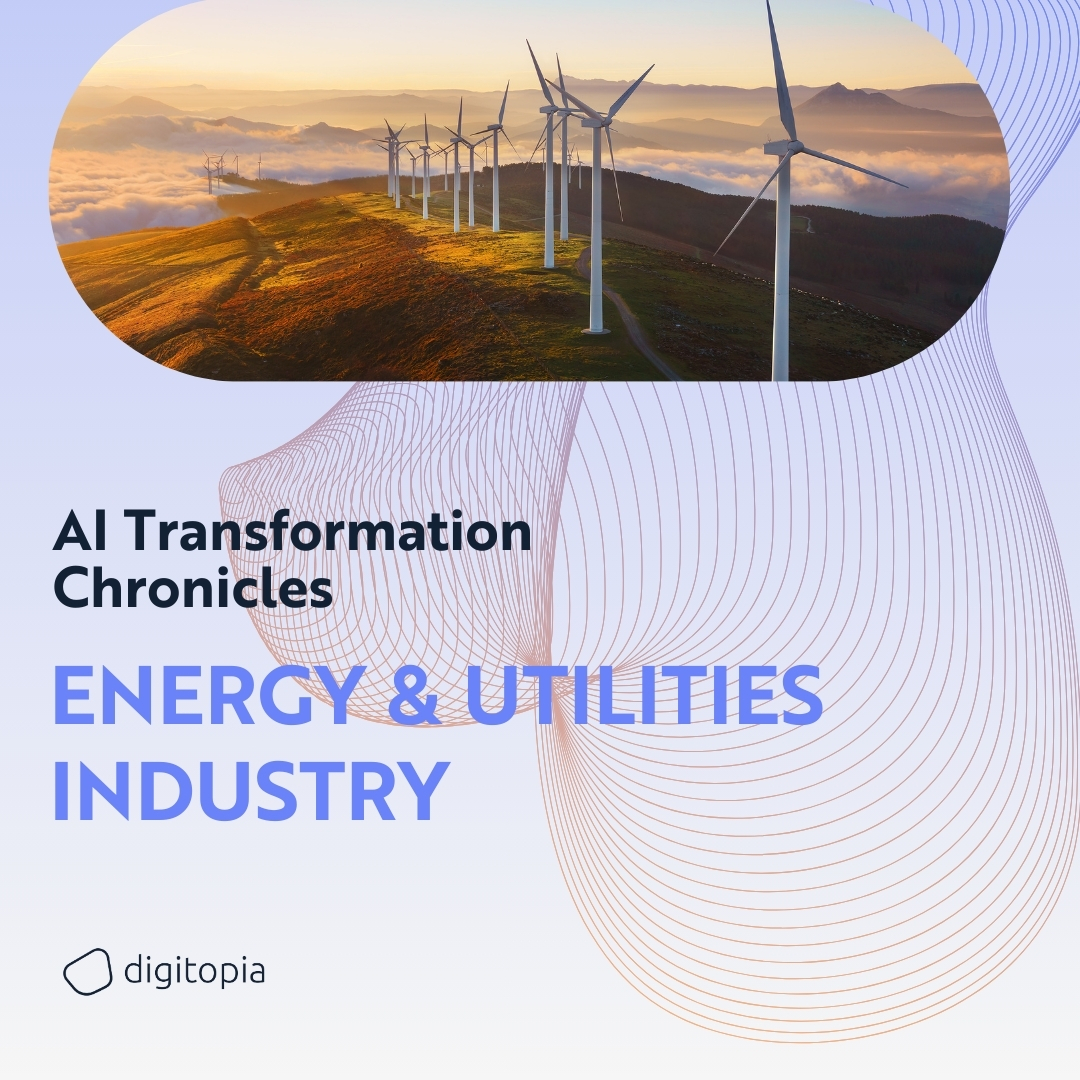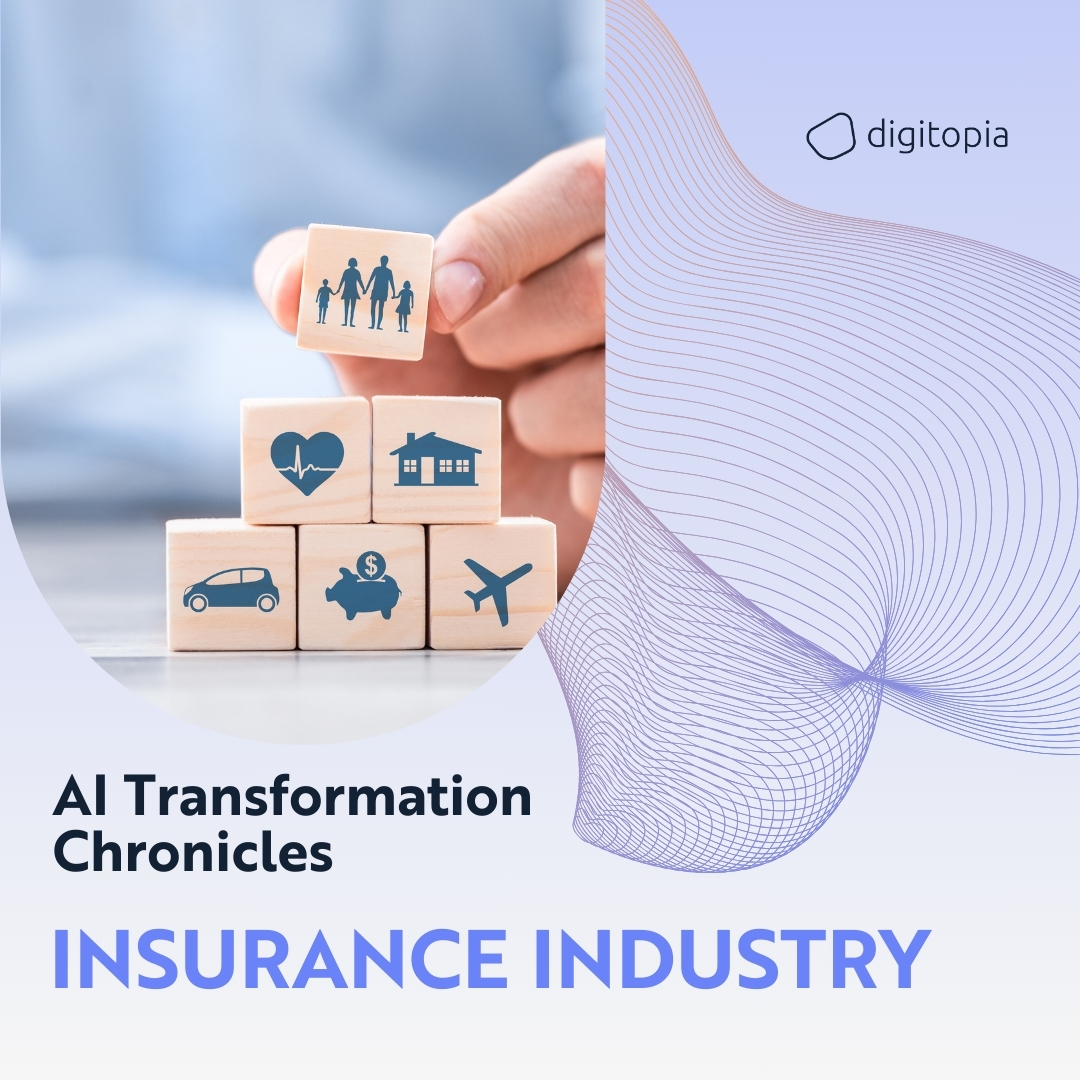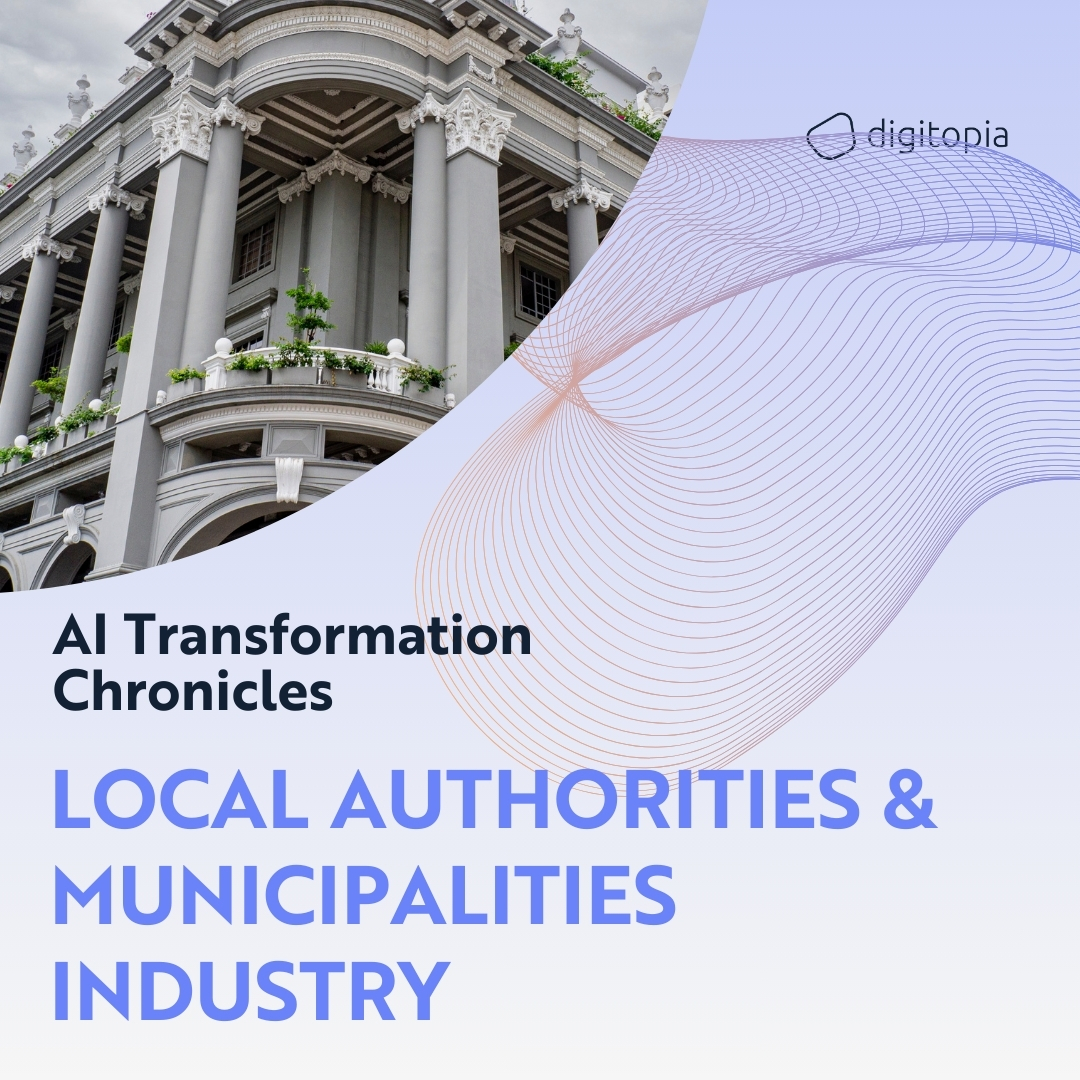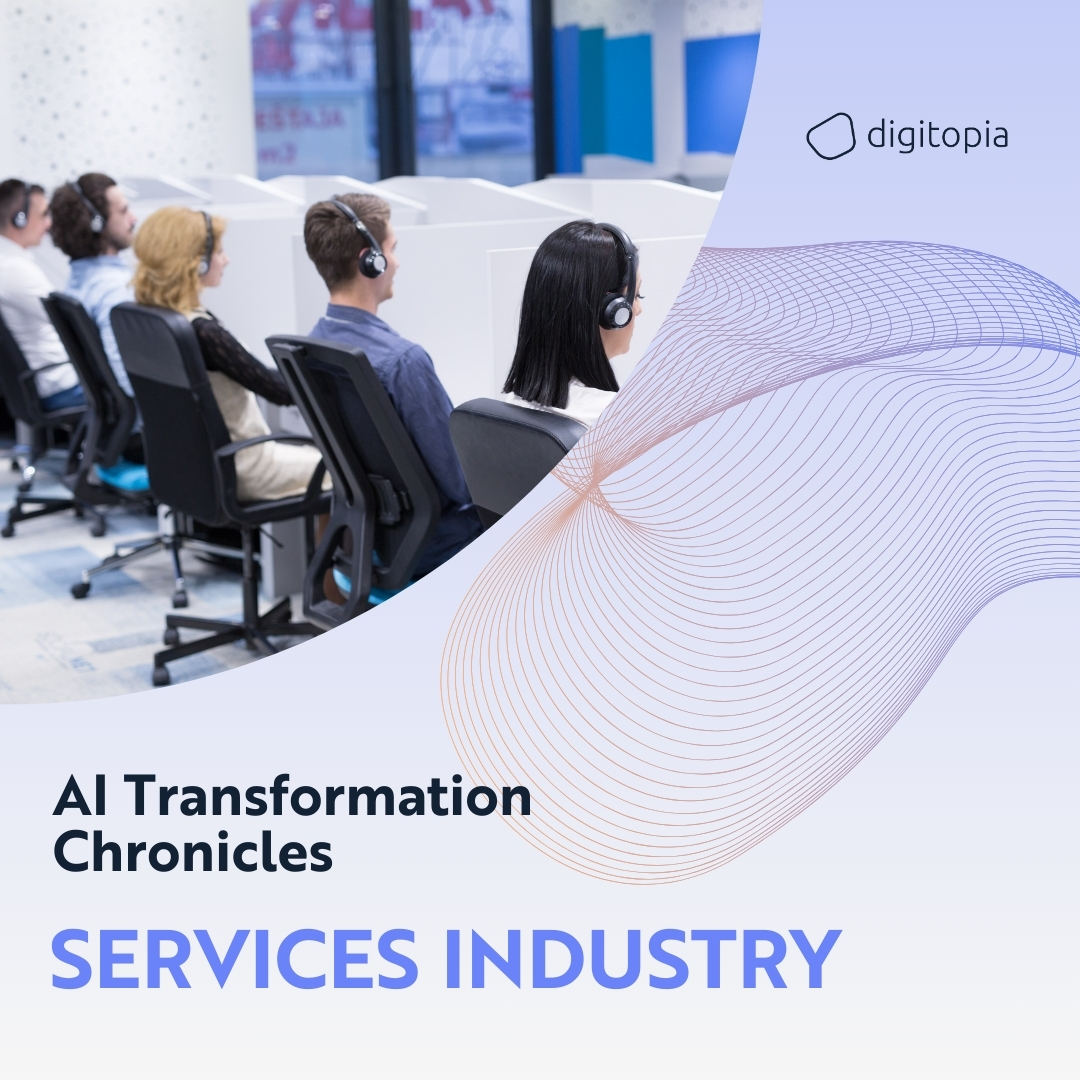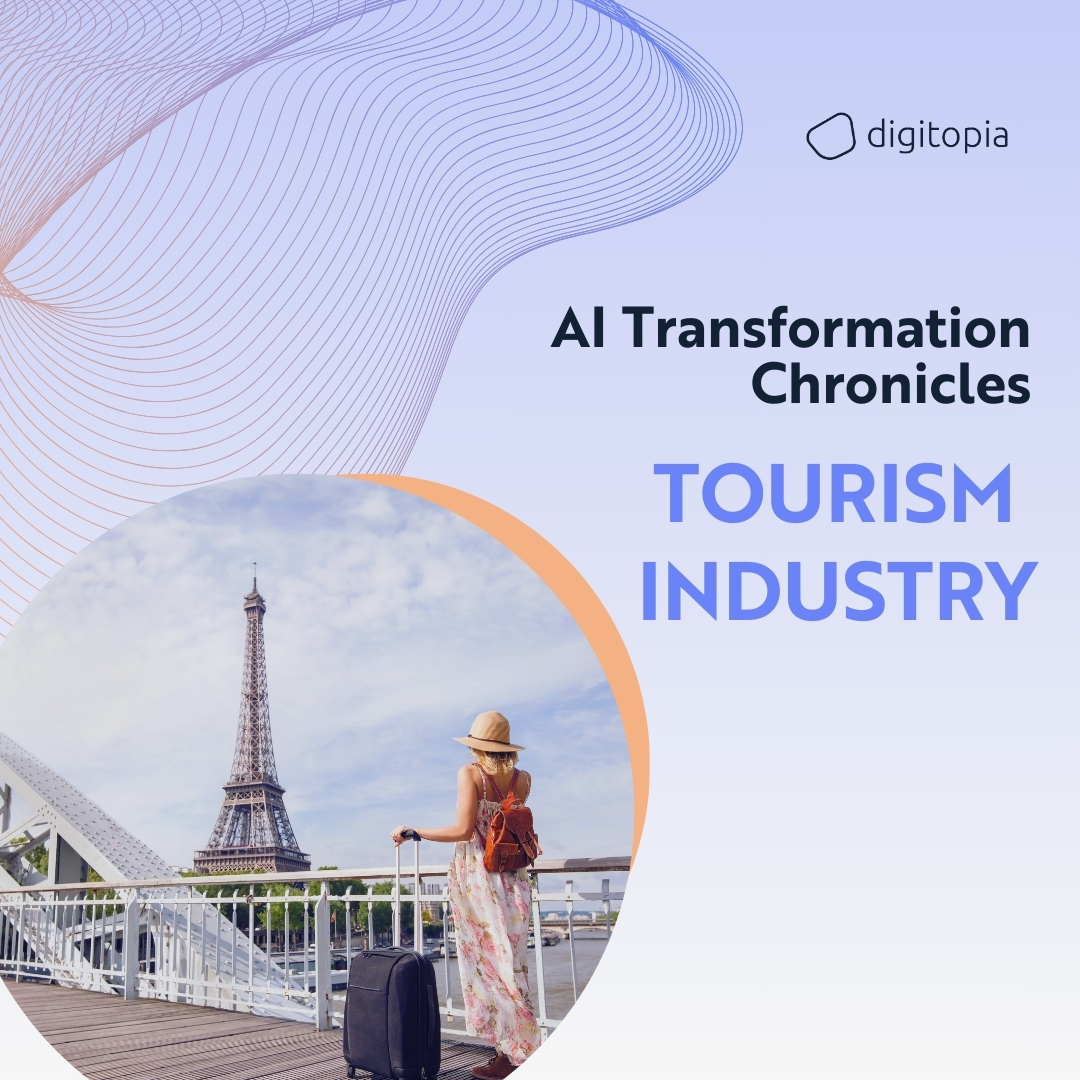
Artificial Intelligence (AI) is rapidly transforming the banking industry, offering unprecedented opportunities for efficiency, personalization, and security. From automating routine tasks to providing personalized financial advice, AI is revolutionizing how banks operate and interact with their customers. The integration of AI into banking processes not only enhances operational efficiency but also improves customer satisfaction and opens up new avenues for innovation in financial services.
The Promise of AI in Banking
Artificial Intelligence (AI) is set to revolutionize the banking industry, ushering in an era of unparalleled efficiency, personalization, and security. By automating routine tasks, providing sophisticated risk management solutions, and delivering personalized financial services, AI empowers banks to enhance operational excellence and customer satisfaction. The strategic integration of AI not only promises significant cost savings but also enables banks to innovate continuously, stay competitive, and meet the evolving demands of a digitally-savvy customer base.
- Customer Experience: AI-powered chatbots and virtual assistants provide round-the-clock support, personalized financial advice, and seamless banking experiences.
- Operational Efficiency: AI automates routine tasks such as data entry, transaction processing, and compliance checks, reducing operational costs and increasing productivity.
- Fraud Detection and Security: Advanced AI algorithms detect and prevent fraudulent activities, enhancing the security of banking transactions.
- Risk Management: Predictive analytics and machine learning improve risk assessment and management, enabling more accurate decision-making.
- Product Innovation: AI facilitates the development of innovative financial products tailored to individual customer needs and preferences.
Despite these promising opportunities, the banking industry faces challenges in aligning business objectives with risk management and regulatory compliance requirements.
Learn More: Top 10 Secrets to Succeeding with AI
Our comprehensive ebook provides actionable insights, real-world case studies, and proven strategies to help you integrate AI into your operations and drive growth.
Download Now
Navigating Misalignment: Accelerating AI Adoption in Banking
While the banking industry is at the forefront of AI adoption, there is still a notable misalignment between different organizational functions. Business leaders are enthusiastic about leveraging AI to drive innovation and efficiency, yet risk and compliance teams often approach AI projects with caution, emphasizing the need to thoroughly address regulatory and security concerns. This dynamic, while not stalling progress, can create friction that slows down the implementation of AI initiatives. The key to overcoming this challenge lies in fostering collaboration and ensuring that all stakeholders are aligned on the strategic objectives of AI adoption.
Key Use Cases for AI in Banking
To effectively harness the potential of AI, banks should focus on high-impact use cases that drive value and foster innovation. Here are the top 10 AI use cases in the banking industry:
- AI-Powered Chatbots for Customer Service: Enhance customer support with AI-driven chatbots that provide instant, 24/7 assistance, handling inquiries, resolving issues, and guiding customers through various banking processes.
- Fraud Detection and Prevention: Utilize AI to analyze transaction data in real-time, identifying unusual patterns and flagging potentially fraudulent activities. Machine learning models continuously learn and adapt to new fraud tactics, improving detection accuracy.
- Credit Scoring and Loan Underwriting: Improve the accuracy of credit assessments and loan underwriting with AI algorithms that analyze a wide range of data points, including non-traditional data sources, to provide more comprehensive risk evaluations.
- Personalized Financial Planning: Offer tailored financial advice using AI-driven tools that analyze individual customer data, preferences, and financial goals to create customized financial plans and investment strategies.
- Automated Trading and Investment: Implement AI algorithms for algorithmic trading, enabling rapid and data-driven investment decisions. These systems can analyze market trends and execute trades with precision and speed.
- Risk Management and Compliance: Enhance risk assessment and management with AI analytics that predict potential risks and automate compliance checks, ensuring adherence to regulatory requirements and reducing operational risks.
- Regulatory Compliance Automation: Leverage AI to automate compliance processes by continuously monitoring regulatory updates and integrating them into internal systems, thereby reducing the burden on compliance teams and minimizing the risk of non-compliance.
- Transaction Processing and Automation: Streamline transaction processes with AI automation, reducing the need for manual intervention, accelerating transaction times, and minimizing errors.
- Customer Insights and Predictive Analytics: Use AI to analyze customer data, gaining deep insights into customer behavior, preferences, and needs. Predictive analytics can help banks anticipate customer requirements and tailor products and services accordingly.
- Robo-Advisors: Provide automated investment advice through AI-driven robo-advisors that offer low-cost, personalized investment strategies based on individual risk profiles and financial goals.
These use cases illustrate how AI can address critical challenges in the banking industry, driving efficiency, enhancing customer experiences, and enabling innovative financial services.
Powerful Success Stories in AI-Driven Banking
The AI revolution in the banking industry is already underway, with pioneering companies demonstrating the transformative power of artificial intelligence. These success stories illustrate the significant benefits of AI adoption, from enhanced efficiency and accuracy to improved customer satisfaction and innovative product offerings. As these examples show, embracing AI is no longer a choice but a necessity for banks who wish to stay competitive and meet the demands of the modern market.

JPMorgan Chase: Revolutionizing Contract Analysis
Challenge: Banks handle vast amounts of legal documents and contracts, which require meticulous review and analysis. Traditionally, this process is labor-intensive, time-consuming, and prone to human error. JPMorgan Chase faced the challenge of efficiently managing and analyzing a large volume of contracts to ensure compliance and mitigate risk.
Solution: JPMorgan Chase implemented an AI program named COIN (Contract Intelligence), which leverages machine learning and natural language processing to analyze legal documents. COIN can review thousands of documents in seconds, identifying key clauses and potential risks with high accuracy. This AI system automates the extraction and interpretation of critical information, reducing the need for manual review.
Benefits: The implementation of COIN has significantly reduced the time and cost associated with contract analysis. What previously took thousands of hours of manual labor can now be completed in a fraction of the time with greater accuracy. This efficiency gain allows legal teams to focus on more strategic tasks, improving overall productivity. Additionally, the reduction in human error enhances compliance and risk management, positioning JPMorgan Chase as a leader in AI-driven legal processes.

Bank of America: Enhancing Customer Experience with Erica
Challenge: Providing high-quality customer service in the banking industry is essential but challenging, especially with the growing demand for 24/7 support. Traditional customer service methods are resource-intensive and often result in long wait times and inconsistent service quality. Bank of America needed to enhance its customer service capabilities to meet these demands efficiently.
Solution: Bank of America introduced Erica, an AI-powered virtual financial assistant that provides customers with personalized financial guidance and support. Erica uses advanced natural language processing and machine learning algorithms to understand customer queries and offer relevant solutions. It can assist with tasks such as checking account balances, making payments, and providing financial advice based on user behavior and preferences.
Benefits: Erica has transformed the customer experience at Bank of America by providing instant, personalized support. Customers can access assistance at any time, improving satisfaction and loyalty. The use of AI also reduces the workload on human customer service agents, allowing them to focus on more complex issues that require human intervention. Erica’s ability to provide proactive financial advice helps customers manage their finances more effectively, enhancing their overall banking experience.

Wells Fargo: Leveraging AI for Fraud Detection
Challenge: Fraudulent activities pose a significant threat to banks, leading to substantial financial losses and eroding customer trust. Traditional fraud detection methods often struggle to keep up with the sophistication of modern fraud schemes. Wells Fargo faced the challenge of enhancing its fraud detection capabilities to protect its customers and assets.
Solution: Wells Fargo adopted AI and machine learning technologies to enhance its fraud detection systems. The bank implemented advanced AI algorithms that analyze transaction data in real-time to identify unusual patterns and potential fraudulent activities. These AI systems continuously learn and adapt to new fraud tactics, improving their detection capabilities over time.
Benefits: The implementation of AI-driven fraud detection has significantly enhanced Wells Fargo’s ability to identify and prevent fraudulent activities. This proactive approach reduces financial losses and protects customer accounts, enhancing trust and confidence in the bank. The use of AI also allows for faster response times, minimizing the impact of fraud on customers. Overall, AI has strengthened Wells Fargo’s security measures, positioning the bank as a leader in fraud prevention.
Key Recommendations for Successful AI Transformation in Banking
- Cultivate a Culture of Innovation: Encourage collaboration between business units, risk, and compliance teams to foster a shared understanding of AI’s strategic importance. Promote a culture that embraces innovation and continuous improvement while addressing regulatory and security concerns.
- Focus on Strategic Use Cases: Identify and prioritize AI projects that align with strategic business goals and demonstrate clear, measurable benefits. Choose initiatives that can deliver quick wins to build momentum and support for broader AI adoption.
- Ensure Ongoing Measurement and Improvement: Utilize tools like Digitopia’s AI Maturity Index to continuously assess and benchmark AI capabilities. Regularly review progress, adjust strategies, and ensure that AI initiatives are delivering the expected value and driving sustainable growth.
By embracing AI and fostering alignment across all levels of the organization, banks can unlock new opportunities, enhance customer experiences, and maintain a competitive edge in a rapidly evolving financial landscape.



